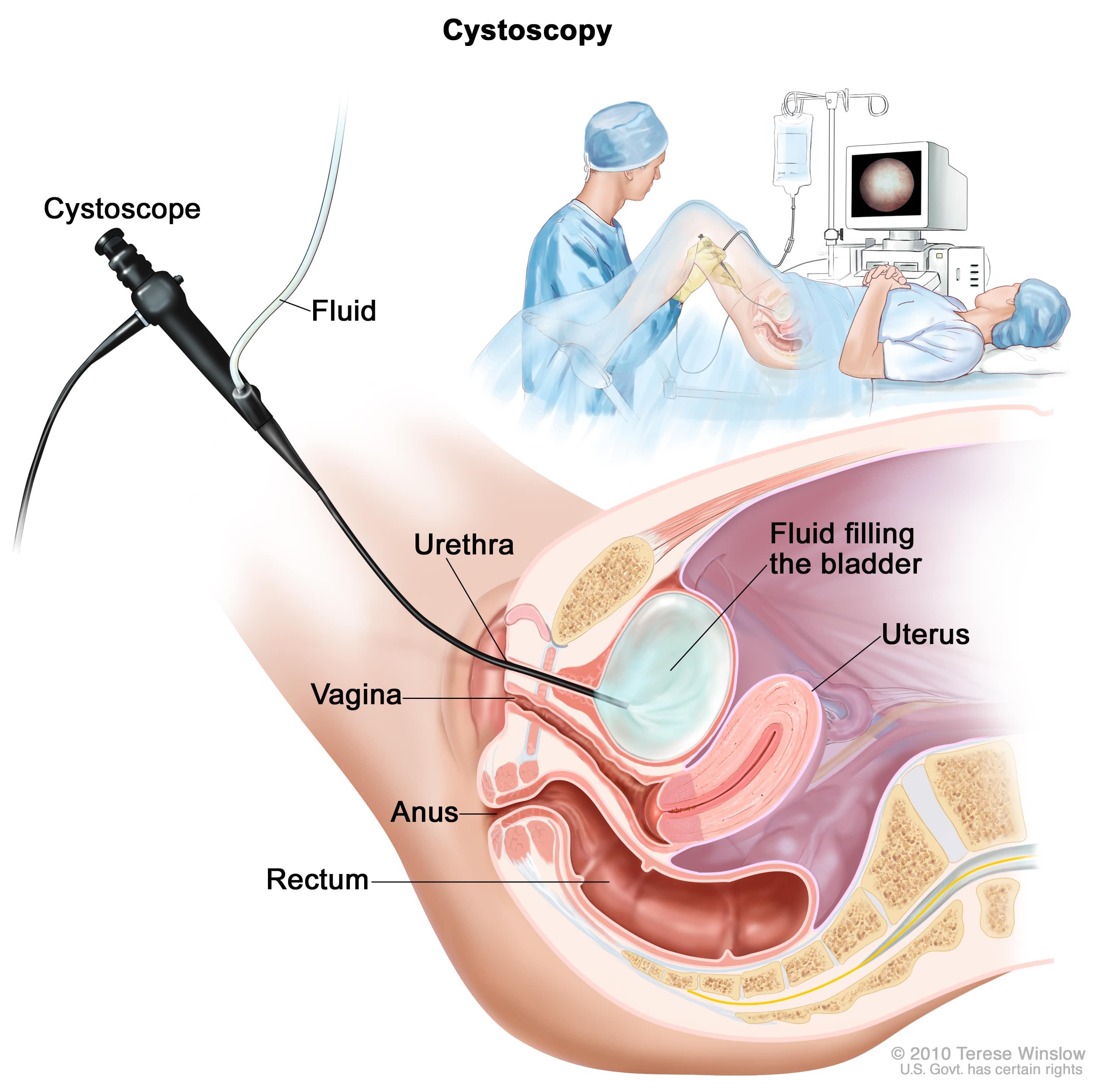Diagnosis of Interstitial Cystitis
How do health care professionals diagnose IC?
Health care professionals diagnose interstitial cystitis (IC) by ruling out other conditions with similar symptoms. They will use your medical history, a physical exam, and lab and other tests to help diagnose IC. Your health care professional will ask questions about your symptoms and may have you keep a voiding log, also known as a bladder diary.
Medical history
A health care professional will ask
- if you have a history of health problems related to IC
- questions about your symptoms
- other questions to help find the cause of your bladder problems
Physical exam
Your health care professional will do a regular physical exam. To check your pelvic floor muscles, your health care professional may also do a
- pelvic exam if you are female
- digital rectal exam if you are male
Bladder diary
Your health care professional may ask you to keep a voiding log, also known as a bladder diary. A bladder diary will help you record the amount of liquids you drink and how much urine you pass.
What tests do health care professionals use to diagnose IC?
Health care professionals may use urinalysis, urine culture, and other tests to help diagnose IC or to rule out other conditions with similar symptoms.
Lab tests
Urinalysis
Urinalysis checks your urine sample for blood in the urine and white blood cells. Your body produces white blood cells when it is fighting an infection caused by bacteria.
Urine culture
Urine culture identifies some common types of bacteria in your urine. Bacterial infections, such as urinary tract infections, can be treated with antibiotics.
Other tests
Your health care professional may order tests to rule out other conditions or help make decisions about treating your IC, such as
- cystoscopy to look inside the urethra and bladder
- urodynamic testing to measure how well parts of your urinary tract are storing and releasing urine

This content is provided as a service of the National Institute of Diabetes and Digestive and Kidney Diseases
(NIDDK), part of the National Institutes of Health. NIDDK translates and disseminates research findings to increase knowledge and understanding about health and disease among patients, health professionals, and the public. Content produced by NIDDK is carefully reviewed by NIDDK scientists and other experts.

